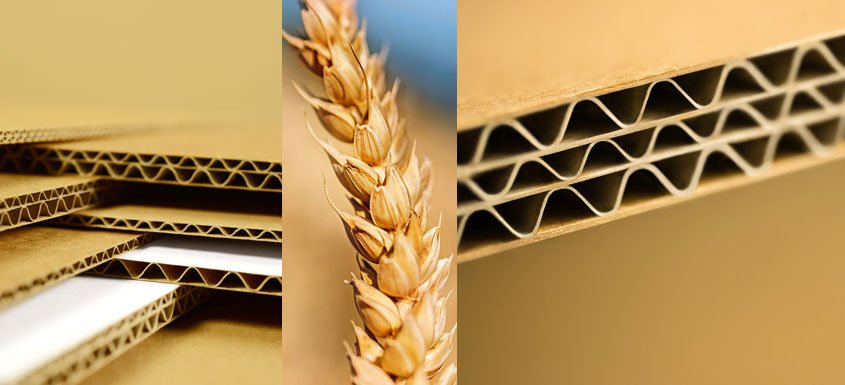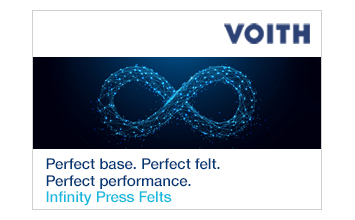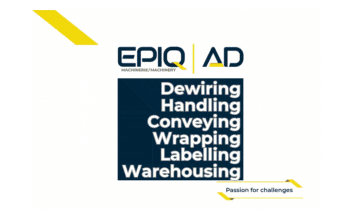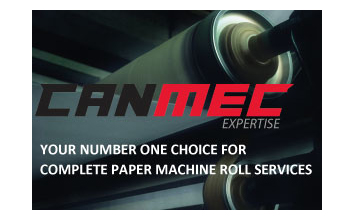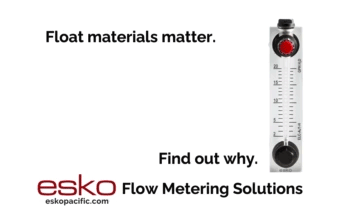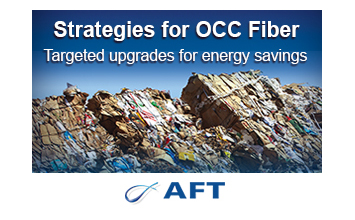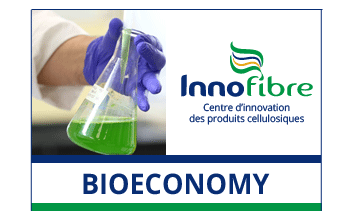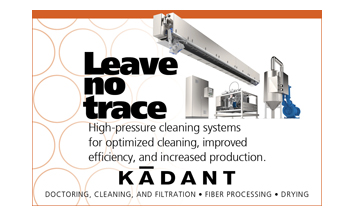High-performance wheat starch adhesives play key role in war on waste
Ibbenbüren (Germany), February 2021 – Reducing and even avoiding plastic packaging is an important long-term global goal. The C&D Corrugating & Paper brand of the Crespel & Deiters Group is helping in this mission by offering adhesive concepts made from natural wheat starch. These applications contribute to corrugated board packaging becoming recyclable multiple times, and improve its quality.
In fact, a German study[1] focussing on Germany, Austria and Switzerland, by the Society for Packaging Market Research (GVM) quotes a potential saving of 825,057 tonnes of plastic through the use of corrugated board solutions alone – a decrease in plastic packaging volume of 21 per cent. Thanks to their properties, the adhesives can add to a sustainable circular economy and promote the fulfilment of statutory recycling quotas.
Corrugated board is a natural product made from up to 79% recycled paper. Bonding flat and corrugated paper webs together results in stability and firmness. To do this, the corrugated board industry needs special adhesives that meet high requirements in terms of environmental protection, recyclability and efficiency. Due to their optimal composition, less glue is used when processing corrugated board with high-performance adhesives from C&D Corrugating & Paper, while the plant’s performance is more efficient. This ensures optimised energy use and less waste.
The raw material wheat is sustainable from sowing through to processing. During the growth phase, wheat binds large amounts of CO2. In addition to low transport emissions, it also scores with its versatility. With joint production, i.e. the manufacture of different products from one raw material, the wheat is processed almost completely, with a yield of 99 per cent. Crespel & Deiters uses 100% European wheat, at least 75% of which is sourced from Germany. The regional, renewable raw material provides starches as a basis for adhesives and vegetable proteins for the food and feed industry.
Gustav Deiters, Managing Director of the Crespel & Deiters Group, concludes: “Environmentally friendly packaging solutions such as corrugated board and paper can be a good alternative to plastic packaging in many areas. In order to protect our planet and its resources, the status quo of industrial processes has to be continuously called into question. The EU Packaging Act points us in a clear direction, as 90% of all paper packaging must be recycled by 2022. Crespel & Deiters specialises in offering highly functional solutions from the raw material wheat to support our customers in following this path. Our innovative wheat-based adhesive concepts enable ecological packaging solutions and contribute significantly to a sustainable circular economy.”
[1] Gesellschaft für Verpackungsmarktforschung GVM: Potenziale der Substitution von Kunststoffverpackungen durch Verpackungslösungen aus Wellpappe. October 2019.
About Crespel & Deiters Group:
The Crespel & Deiters Group is an owner-managed, globally active company and one of the leading producers of wheat starches and wheat proteins in Europe. The company has been producing at its headquarters in Ibbenbüren for over 160 years, using state-of-the-art technologies, sustainable processes and great innovative strength. From the wheat-based raw materials, the brands Loryma, C&D Corrugating & Paper, C&D Technical Applications, Trigea and Crespeo develop highly functional products and application-oriented solutions for customer-specific applications. They optimize the end products and create added value for customers in the food, non-food and feed industries.
More than 380 employees work to achieve the company's goal of high quality, responsible treatment of nature, customer orientation and reliability. At Crespel & Deiters, sustainability begins with purchasing: Only EU wheat is used, at least 75% of which comes from German cultivation. This guarantees that the raw material is free of genetically modified ingredients. In addition, the high-quality EU wheat is rich in nutrients and is characterised by high purity. The regional proximity keeps the amount of transport routes and emissions as low as possible and strengthens the local agriculture.
For further information, visit www.crespeldeitersgroup.com
Source: Crespel & Deiters Group



